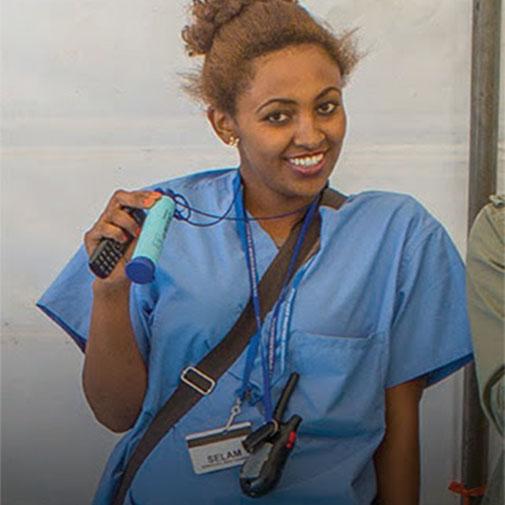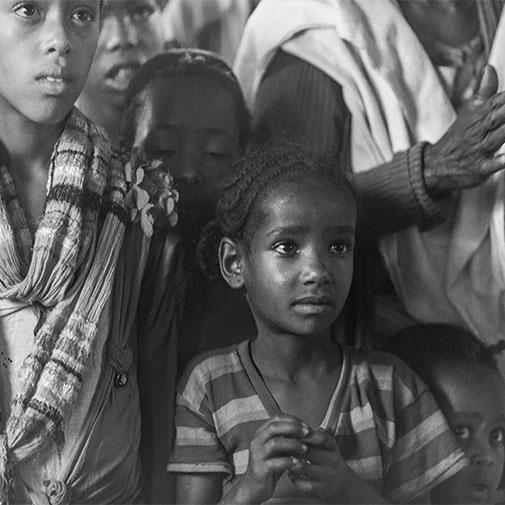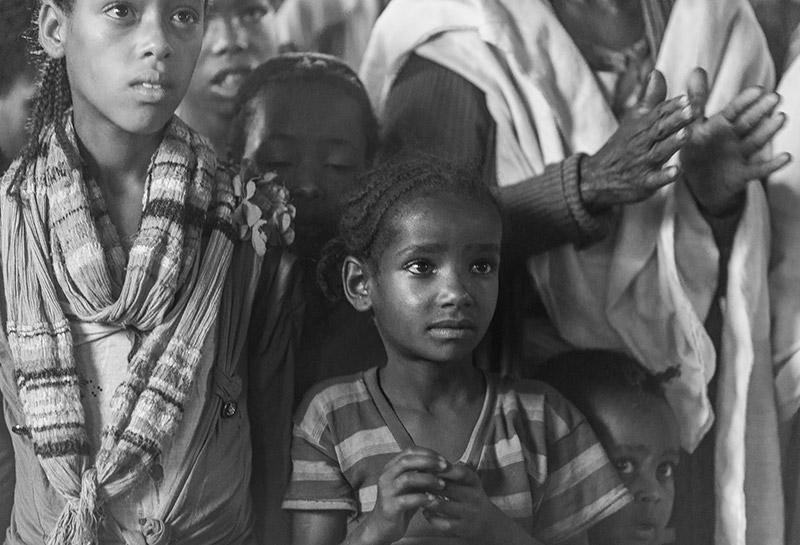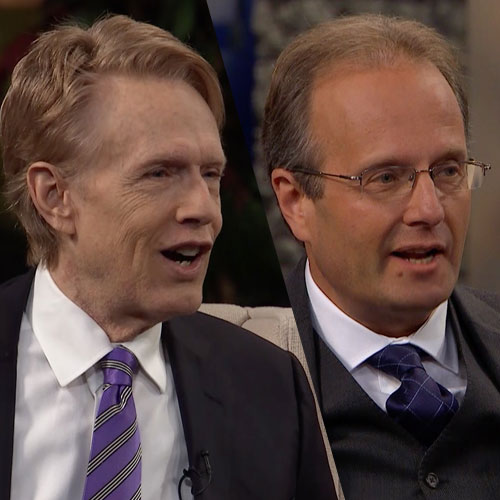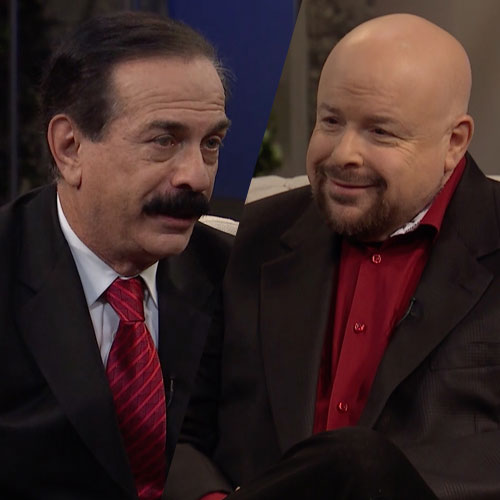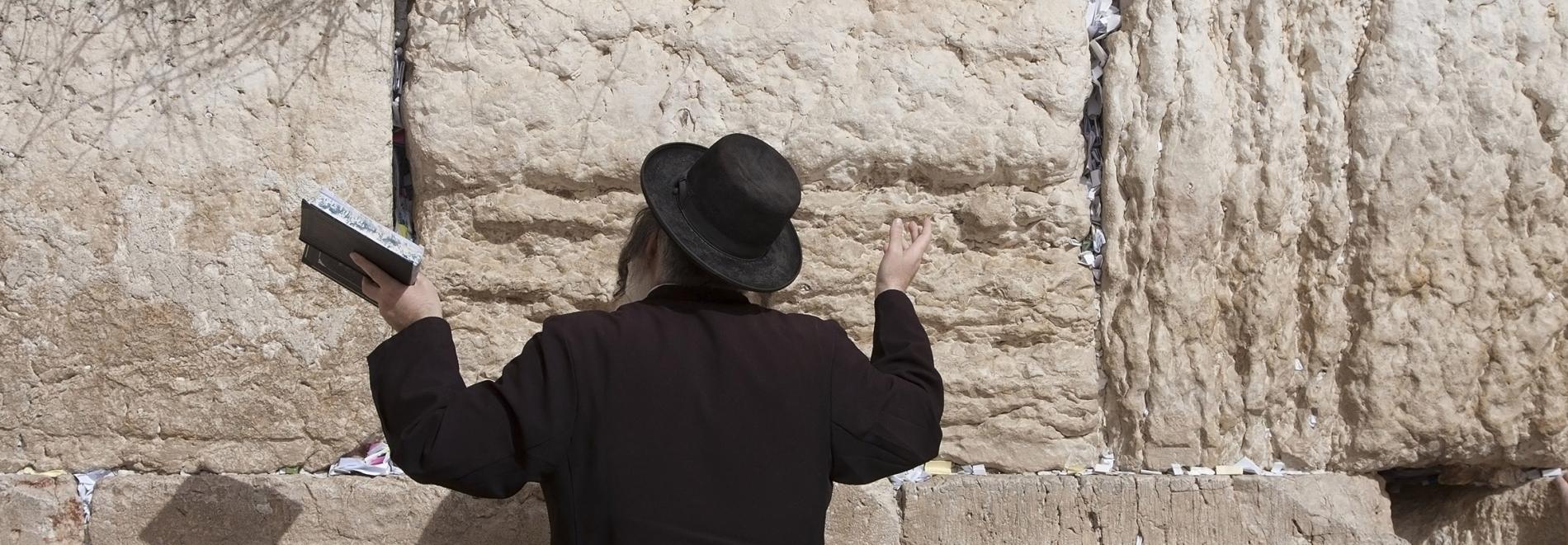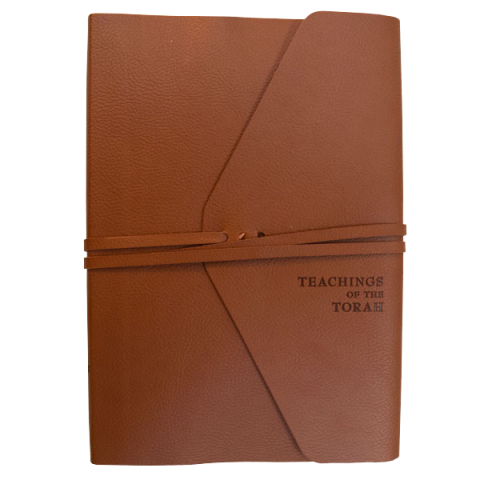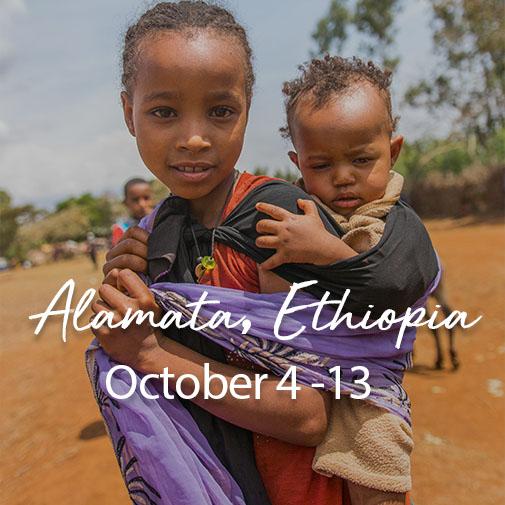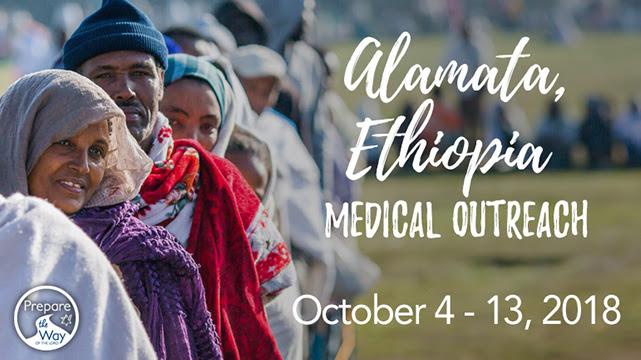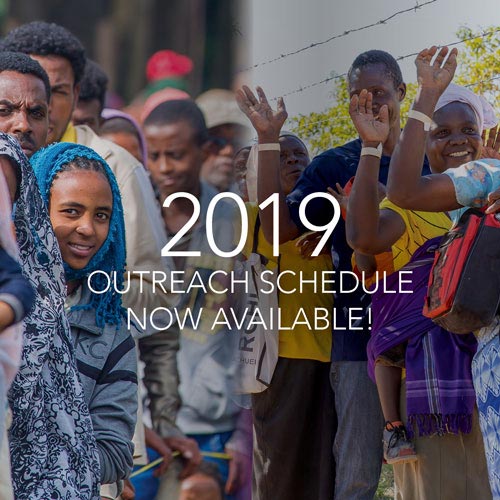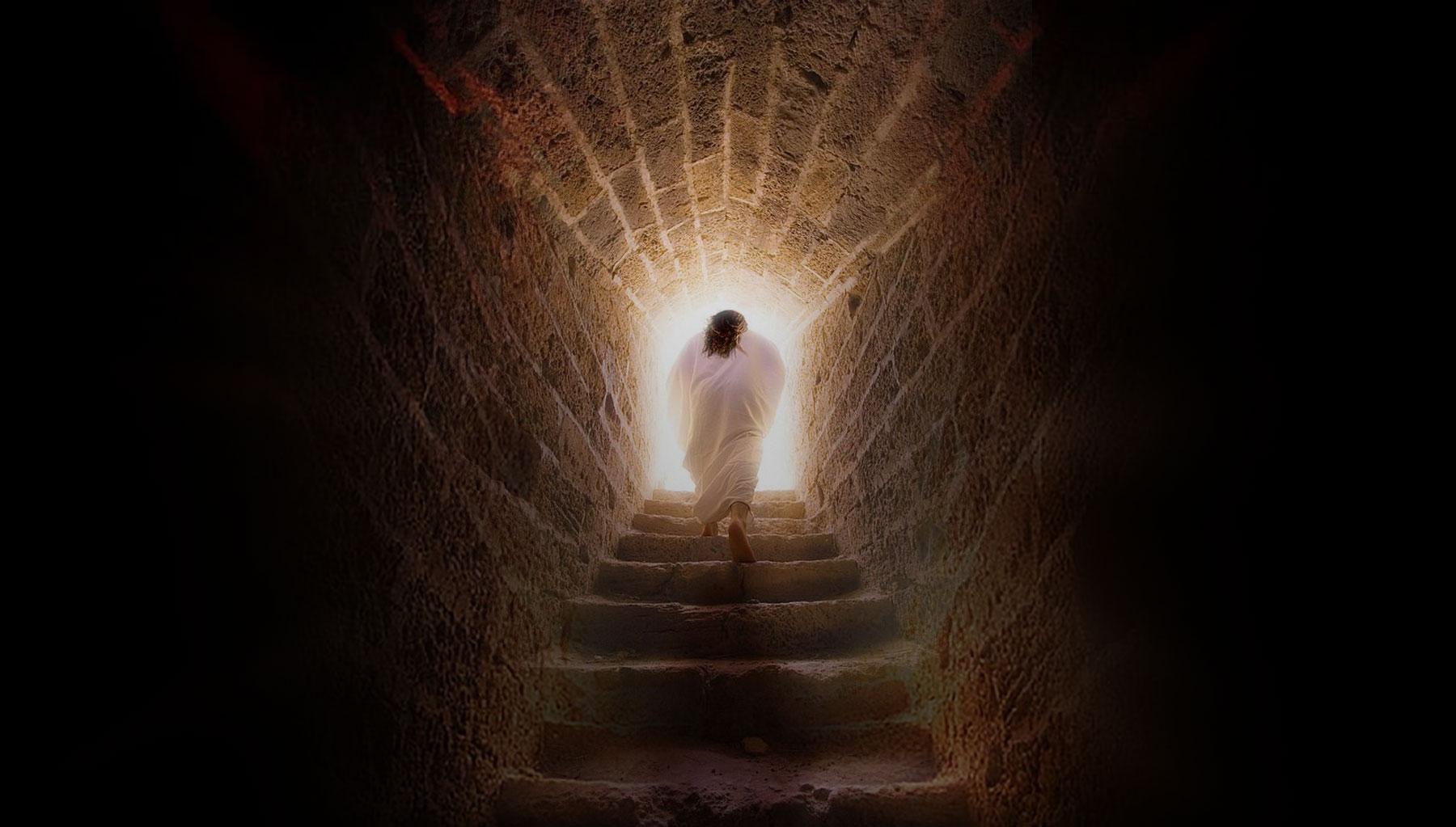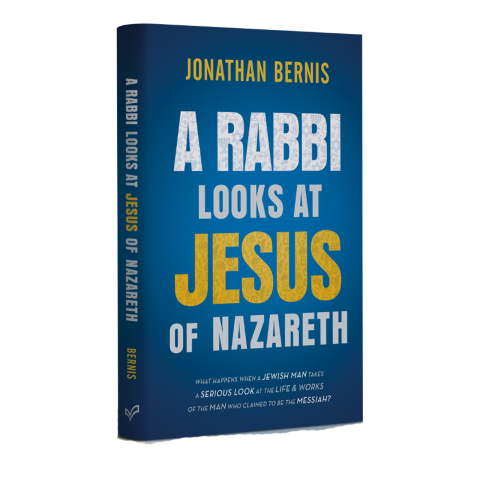
Thank you for transforming lives through your love and compassion!
Here’s how your generous support is being multiplied to transform even more lives
It seems obvious that lives are immediately transformed when a Jewish Voice Medical Clinic gives someone back their sight through cataract surgery. Or provides clean, healthy water. Or treats a serious and painful dental infection.
But sometimes Jewish Voice Clinics transform people’s lives in ways that are more than just immediate. Sometimes those lives are transformed in ways that continue to impact others for many years to come …
 Demes: Inspired to do more
Demes: Inspired to do more
The first time our Jewish Voice medical teams saw Demes, he was a shoeshine boy at a community clinic where we held a Medical Outreach in Addis Ababa, Ethiopia. Partially deaf, and from a slum area, Demes did not seem to have many opportunities in life.
But Demes was inspired by what he saw happening in our Outreach, and he asked if he could help. For a few dollars a week, he became a patient assistant and translator.
This simple experience transformed Demes’ life forever!
Thrilled that he could actually help others, and moved by the love and compassion he saw expressed by Jewish Voice workers and volunteers, Demes decided he would do something more with his life.
Studying hard, Demes achieved high marks on exams and got into dental school in Addis Ababa. In two years he will graduate as a Doctor of Dental Surgery (DDS).
But he’s already traveling throughout Ethiopia and Zimbabwe as a dental hygienist with our team, treating people with dental problems in the name of Yeshua.
 Selam: Reaching out to her own people
Selam: Reaching out to her own people
Selam is a young Jewish Believer who – like Demes – also started as a JVMI helper, escorting patients at Jewish Voice Medical Clinics in her community in Ethiopia.
Catching a vision for all she could do to help her people, Selam entered nursing school. Now a nurse, she’s able to both help her community and support her family, while also leading the clean water education efforts at many of our Jewish Voice Clinics.
Because of her work, Selam is both preventing and treating disease, to bring physical health to her people, while also sharing the Good News of the Messiah.
Your support multiplies the impact of transformed lives
Indeed, there are many layers of help provided by our Jewish Voice ministry efforts in Africa. Some people are physically healed from long-term afflictions. Others receive the spiritual healing that comes from a first-time relationship with Yeshua.
And for some, there is all this PLUS the opportunity to find meaning by showing the love of Jesus to others in practical ways.
All of this is part of Jewish Voice ministry. And it’s all made possible by you and the many other generous partners who pray for this ministry and give to multiply our efforts so that even more Jewish people can be reached with help, healing and hope. Thank you!



